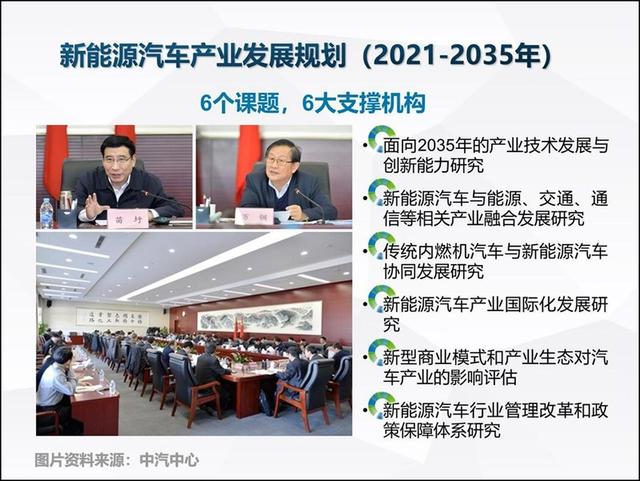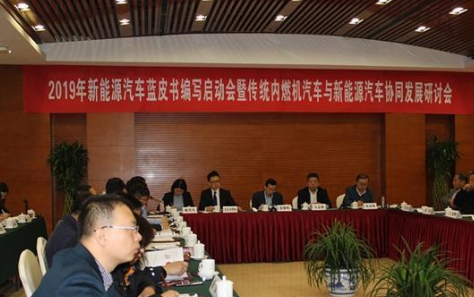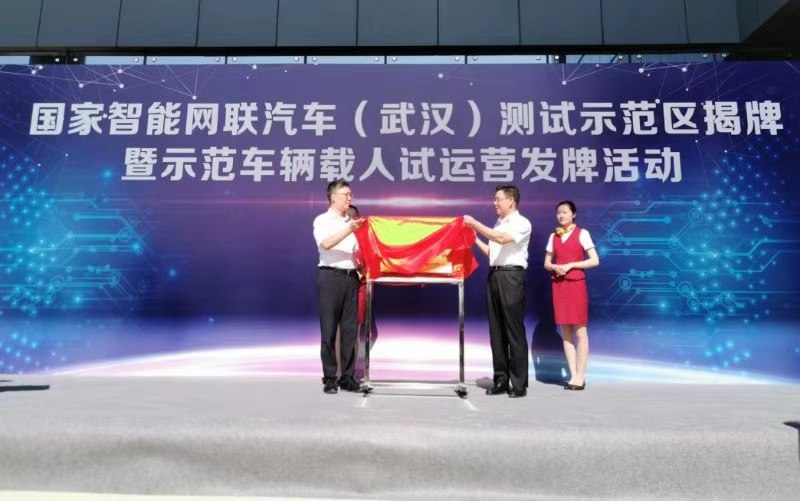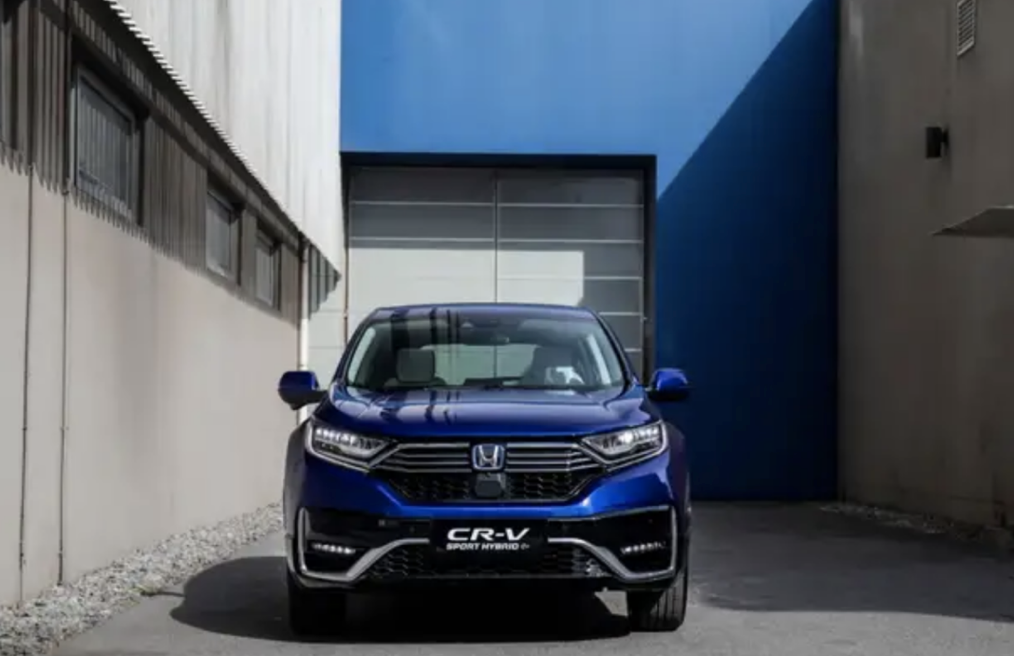In addition to Weibo, there is also WeChat
Please pay attention

WeChat public account
AutoBeta


2024-11-21 Update From: AutoBeta autobeta NAV: AutoBeta > Industry Report >
Share
AutoBeta(AutoBeta.net)04/05 Report--
A few days ago, the China Automotive Technology Research Center hosted the "New Energy vehicle Blue Book start-up meeting and Symposium on the coordinated Development of traditional Internal Combustion engine vehicles and New Energy vehicles". The former mainly analyzes the current situation and development of the new energy vehicle industry. the latter is obviously particularly important for the future development direction of the industry, establishing the industrial strategy for the coordinated development of Chinese traditional internal combustion engine vehicles and new energy vehicles from 2021 to 2035.
The project "Research on the Cooperative Development of traditional Internal Combustion engine vehicles and New Energy vehicles" was put forward by the Ministry of Industry and Information Technology in the "Development Plan of New Energy vehicle Industry (2021-2035)" and commissioned by the China Automobile Center.

Literally, internal combustion engine vehicles and new energy vehicles will be treated equally by 2035. Earlier, the Ministry of Industry and Information Technology planned to set a timetable for banning the sale of fuel cars, which is certain to be after 2035.
The core points are as follows: to eliminate misunderstandings, to coordinate the development of fuel vehicles and new energy vehicles in the future, and to complement each other's advantages; the technological innovation of the automobile industry will not take pure electric as the main technological direction. Hydrogen fuel cell, natural gas, methanol vehicles and other technological routes are developed in parallel and handed over to the market to choose.
A few years ago, the country vigorously promoted the development of new energy vehicle industry, especially pure electric vehicles, which led to some misunderstandings in the industry, such as that new energy vehicles will replace fuel vehicles, pure electric vehicles are the general trend of the future, and so on.

A number of experts attending the meeting expressed their views:
Fu Yuwu, director of the Chinese Society of Automotive Engineering, said that new energy vehicles and traditional fuel vehicles either or, is a very wrong logic, the development of new energy vehicles is not to deny fuel vehicles, but an attempt of technological innovation. The automobile industry is not only a technical direction of pure electric, but there is a lot of room for technological innovation in many fields, such as internal combustion engine vehicles, hybrid electric vehicles, hydrogen fuel cell vehicles, natural gas vehicles, methanol vehicles and so on. Equal competition and complementary advantages of various technological routes are the correct logic of industrial development.
Wang Binggang, head of the national expert group on technological innovation of new energy vehicles, believes that the government's policy should be neutral on technical issues, and the policy interferes too much with the technological path, which is definitely not conducive to industrial development. For example, hybrid technology, hydrogen fuel cell technology, recharging technology and so on, policies should not be involved too much.
Zhao Ying, director of the Industrial Development Office of the Institute of Industrial Economics of the Chinese Academy of Social Sciences: subsidized slope is a positive factor in accelerating the marketization of new energy vehicles, and it can also promote the diversification of new energy vehicle technology. In my opinion, it is still unclear what is the mainstream technological route of new energy vehicles. It is suggested that we should not try too hard on one technological route, but should have multiple technological routes, otherwise there is a risk of being counterattacked by technology in areas where technology is weak.
Cui Dongshu, secretary general of the Federation of passengers, said that at present, automobile companies generally make money from the traditional fuel vehicle business, while the new energy vehicle business is losing money, and simply encourage enterprises to give up the business of making money and try their best to do things that lose money, which is not in line with commercial laws. Therefore, it is equally important to encourage automobile companies to coordinate the development of fuel vehicles and new energy vehicles with complementary advantages.

Under the guidance of the policy, China's new energy vehicles, mainly based on pure electric routes, have achieved rapid development. In 2018, China's new energy vehicle sales reached 1.25 million, accounting for 62.5% of the total global sales. Even if sales are high, after years of subsidies, electric vehicles are still unable to get rid of policy guidance and subsidy support, and it can be expected that there will be turmoil in the electric vehicle industry after all subsidies are withdrawn in 2020.
With the opening of the joint venture stock ratio, the complete withdrawal of subsidies, and the gradual launch of foreign brand new energy in China, China's new energy vehicle industry will still face great challenges, and how to coordinate development and give full play to its advantages will be an important issue.
Welcome to subscribe to the WeChat public account "Automotive Industry Focus" to get the first-hand insider information on the automotive industry and talk about things in the automotive circle. Welcome to break the news! WeChat ID autoWechat
Views: 0
*The comments in the above article only represent the author's personal views and do not represent the views and positions of this website. If you have more insights, please feel free to contribute and share.











© 2024 AutoBeta.Net Tiger Media Company. All rights reserved.